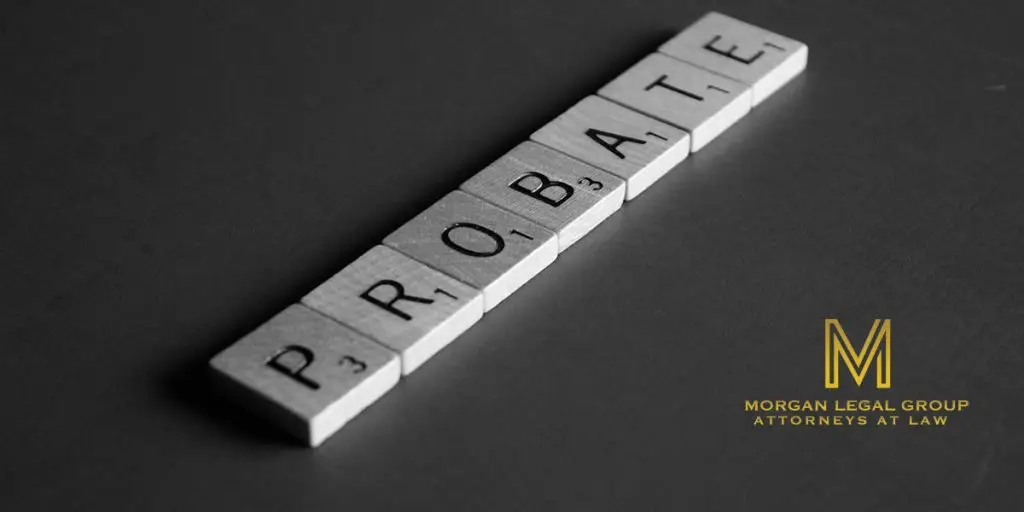Probate: A Comprehensive Guide
Probate is a legal process that follows the passing of an individual, during which their assets and properties are distributed among heirs and beneficiaries. It is a crucial step in the estate administration process, ensuring that the deceased person’s wishes are fulfilled and assets are properly distributed. In this comprehensive guide, Morgan Legal Group PLLP provides valuable insights into the probate process, its significance, and its legal implications in New York.
Understanding Probate
Probate is the legal process that validates a deceased individual’s last will and testament, if one exists, and oversees the distribution of their assets to beneficiaries. If the deceased person did not leave a valid will, the probate court will follow the state’s laws of intestacy to determine how assets are distributed.
The Probate Process
The probate process typically involves the following steps:
- Filing the will with the appropriate probate court
- Appointing an executor or administrator to manage the estate
- Identifying and inventorying the deceased person’s assets
- Notifying creditors and settling outstanding debts
- Distributing assets to beneficiaries as per the will or state law
- Filing final tax returns and paying estate taxes if applicable
- Closing the estate once all matters are resolved
Significance of Probate
Probate serves multiple important functions:
- Validates the authenticity of the will
- Ensures proper distribution of assets
- Provides a platform for creditors to make claims
- Resolves disputes among beneficiaries
- Protects the rights of heirs and beneficiaries
Assets Distribution
During the probate process, assets are distributed to beneficiaries according to the terms outlined in the will. If there is no will, the assets are distributed based on the state’s laws of intestacy. The probate court oversees this distribution to ensure fairness and adherence to legal requirements.
Legal Requirements
Probate proceedings are subject to state laws and regulations. In New York, specific rules govern probate, including deadlines for filing the will, notifying beneficiaries, and settling debts. An experienced probate attorney can guide you through these requirements and ensure compliance.
Executor’s Role
The executor is responsible for managing the estate during the probate process. Their duties include filing the will, identifying assets, notifying beneficiaries, paying debts, and overseeing the distribution of assets. Executors have a fiduciary duty to act in the best interests of the estate and its beneficiaries.
Seeking Legal Assistance
Probate can be a complex and time-consuming process, especially during a period of grief. Consulting an experienced probate attorney can help simplify the process and ensure that all legal requirements are met. Attorneys at Morgan Legal Group PLLP are well-versed in New York probate law and can provide the guidance you need.
Contact Morgan Legal Group PLLP
If you are facing the probate process in New York, contact Morgan Legal Group PLLP for expert legal assistance. Our dedicated team of probate attorneys can help you navigate the complexities of probate, protect your rights, and ensure the proper distribution of assets. Reach out to us today for a consultation.









